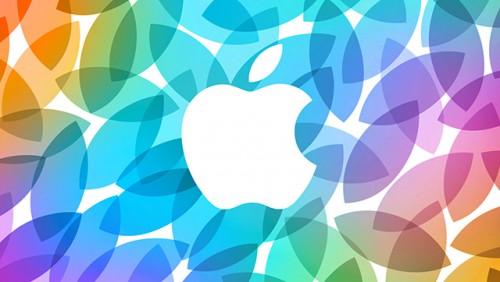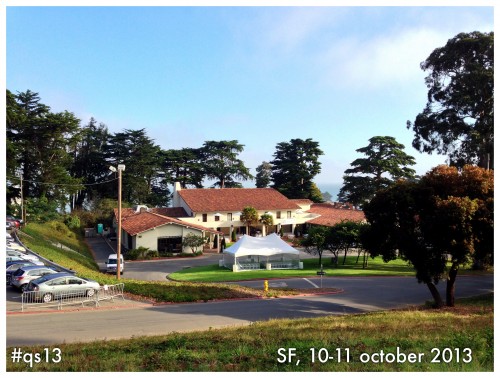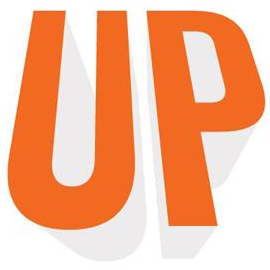
Confession: I watched the Apple event yesterday, and I’ve watched at least part of every product announcement for the last several years. Apple announcements are the opposite of a guilty pleasure; they are a burden that I take on with pride. They are insipid and represent everything that is wrong with Silicon Valley and yet I feel obliged to watch them because they let me stare deeply into this heaving morass of Cronenbergian lust for technology. It always feels like we’re one year away from Phil Schiller offing himself with an iGun after screaming “LONG LIVE THE NEW FLESH!” When I watch Silicon Valley spread out on the Moscone Center stage I feel prideful (to a fault perhaps) that these events just seem so… transparent. They’re so easy to read and so easy to critique they amount to social science target practice. more...









